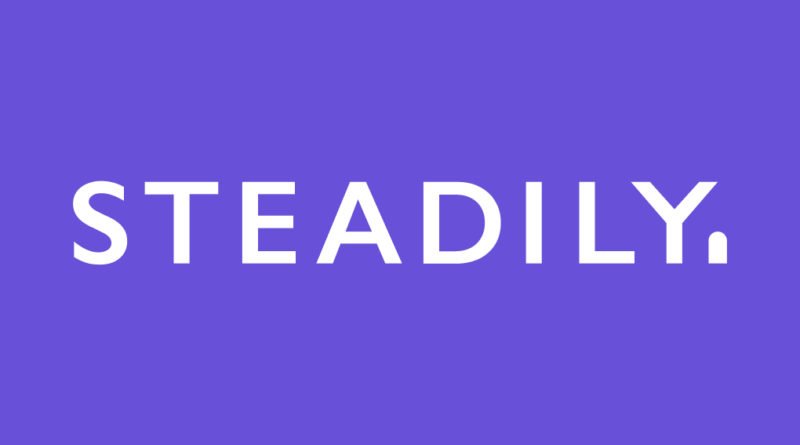US: Property insurtech company Steadily has announced that it has raised $3.8 million in funding led by Matrix Partners.
The company’s founder, Darren Nix, has said he plans to invest the cash in expanded reach and systems, which he will do by hiring software engineers, product developers, and insurance professionals.
Nix created the company after one of his rental properties had burnt down. Steadily focuses on offering landlord insurance over the phone, acting as a broker to avoid agents.
It is currently licensed to operate in 45 states and works with carrier partners to bring their existing plans to market. The app both reduces the time needed to purchase policies and allows applicants to verify property conditions, which can help landlords reduce existing premiums.
Nix said to Built in Austin: “None of it is sexy. It’s just really simple things like, ‘Hey we want to keep your building from burning down. You want to keep your building from burning down. Let’s figure out how to make that happen.’”
However, the company is looking at also taking on carrier services, writing its own unique sets of policies. It plans on offering a combined slate of short- and long-term rentals focused policies, all of which it will offer through its app and its online marketplace.
Steadily also plans to develop Internet-of-Things (IoT) devices, such as leak detecting sensors, which also help lower premiums. This all moves towards its primary goal of serving as a managing general agent, which provides the entire slate of possible insurance services.
Both insurtech platforms and short-term rental insurance have seen a surge of possible interest recently. Groups like ProperInsurance and Insuraguest have started offering policies this year directed at the short-term rentals market.
Furthermore, investors have been looking at insurtech as a promising opportunity, with multiple opportunities gaining millions in investment. Established players in the re-insurance world, such as Munich Re, have allowed insurtech firms access to their balance sheet, allowing them to price higher risk.

